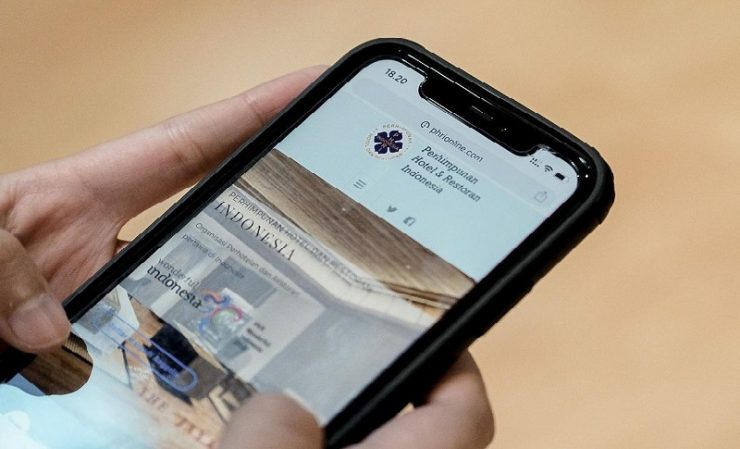THE Secretary General of the Indonesian Hotel and Restaurant Association (PHRI), Maulana Yusran, said gave several recommendations that regulators could carry out to increase purchasing power, especially in restaurants, to suppress the “Rojali” trend (where groups rarely buy).
According to Maulana, one policy the government could implement is increasing stimulus to encourage activities such as MICE (meetings, incentives, conventions, and exhibitions) in restaurants, which has been proven reliable even during the time of the pandemic.
“During the time of the pandemic, purchasing power was low, and the government promoted economic activity by holding many MICE events in hotels and restaurants. Finally, it seemed that the economy was recovering. At that time, it could grow, right? This must be done again,” said Yusran.
Yusran explained that the “Rojali” phenomenon, which is expected to continue growing until the second semester of 2025, is detrimental to many retail businesses, including restaurants. It is influenced by the economic conditions of the community, which experienced a decrease in purchasing power.
This decline in purchasing power occurs not only in Indonesia, but also globally. Therefore, government intervention is still necessary to boost weakened purchasing power.
According to Yusran, government stimulus can be a solution and fresh air needed to improve the slowing business conditions, especially for restaurant businesses operating in nonmetropolitan areas.
In addition to presenting stimulus, he recommended that the government be fairer when issuing business licenses. He also mentioned that the latest effort by PHRI to encourage this step was to discuss the supervision of KBLI (business standard classification) with the Central Statistics Agency (BPS).
According to him, KBLI supervision in the regions is suboptimal, and many KBLI users are irresponsible. This is clearly detrimental to restaurants with the correct KBLI because they are not treated fairly even though they meet the conditions set by the rules.
Earlier, we discussed this with the BPS, Bappenas, Bank Indonesia (BI), and the Deputy Minister of Home Affairs. There needs to be a commitment from the local government to supervise KBLI use. For example, Bali has many problems with KBLI misuse, which has led to chaos.
Finally, PHRI recommends that the government determine its programs’ road map to encourage purchasing power for restaurant businesses. This is expected to primarily support businesses opened in conjunction with government programs, but ultimately, businesses do not develop because the government’s development focus has changed.
For instance, consider hotel and restaurant entrepreneurs who were asked to open businesses in the Super Prior destination in Mandalika. Although there is certainly economic activity during events, the tourist destination is less desirable under normal conditions.
It seems that businesses in that location must be independent to survive. These issues must be anticipated to ensure stable purchasing power and economic activity in the future.
Yusran said, “The government must evaluate its programs that can be said to be offtakers, but it turns out that, at this time or in the future, they are not offtakers.”
The “Rojali” (where groups rarely buy) phenomenon has recently become a hot topic again. This trend refers to groups of people who visit shopping centers and retail businesses, such as restaurants, in large numbers but don’t make any purchases. They just walk around, take pictures, and enjoy the facilities.
The “Rojali” trend is one of the consequences of the decreased purchasing power of people affected by weakening economic conditions. [antaranews/photo special]
















